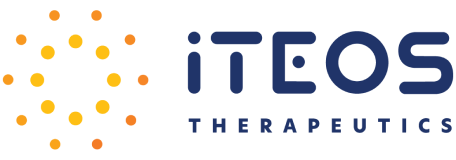At iTeos we are pioneering the discovery and development of a new generation of highly differentiated immuno-oncology therapeutics.
Our differentiated development approach is driven by biologic rationale and clinical need utilizing our IO candidates in intra-portfolio combinations and with programs of external collaborators.
Driven by a culture of scientific innovation, collaboration and excellence, together we discover and deliver breakthrough immunotherapies to improve and extend the lives of people with cancer.



